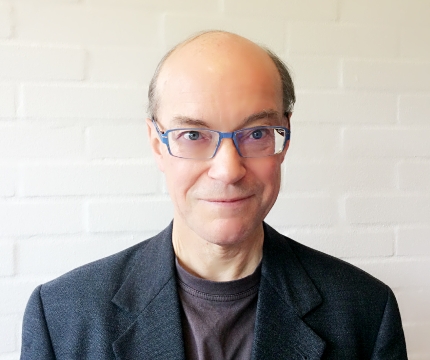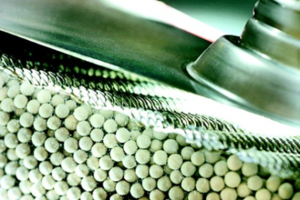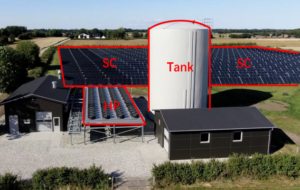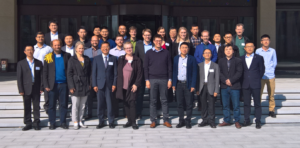New solar energy specialisation master’s programme
September 26, 2018
 In September, the Technical University of Denmark (DTU) launched a specialisation on solar energy as part of its master’s degree programme in Sustainable Energy. Students can choose among eight specialisations, for example, bioenergy, electric energy systems, energy savings, and wind energy. The solar energy specialisation takes two years and is divided into two long semesters of 13 and two short ones of 3 weeks each. Solarthermalworld.org has interviewed Associate Professor Simon Furbo, who leads the DTU Research Group on Solar Heating and was among those who created the new offering.
In September, the Technical University of Denmark (DTU) launched a specialisation on solar energy as part of its master’s degree programme in Sustainable Energy. Students can choose among eight specialisations, for example, bioenergy, electric energy systems, energy savings, and wind energy. The solar energy specialisation takes two years and is divided into two long semesters of 13 and two short ones of 3 weeks each. Solarthermalworld.org has interviewed Associate Professor Simon Furbo, who leads the DTU Research Group on Solar Heating and was among those who created the new offering.Photo: Simon Furbo, DTU
solarthermalworld.org: What motivated you to call for a solar energy specialisation?
Furbo: It was a big wish of the research community, specifically our group, to impart know-how as well as specialised knowledge of solar energy to university students. Also, it is the first master’s degree specialisation of its kind in Denmark. The industry really needs well-educated staff to design new and advanced products and learners ‘out in the field’ to exploit the full potential of solar thermal.
solarthermalworld.org: The specialisation covers solar thermal and photovoltaics. Isn’t there a risk that PV could overshadow solar heating due to its greater popularity?
Furbo: Thanks to a collaboration between university departments, we have devised a well-balanced course curriculum and lectures on solar heating are mandatory. Of course, there is some flexibility when it comes to optional modules and there is a risk of students mainly choosing the all-popular electric option instead of learning more about solar thermal. However, this is something we will have to evaluate in a couple of years when the first group writes their theses.
solarthermalworld.org: How many people do you expect will choose the specialisation?
Furbo: We received 44 applications and 15 students have already started. It is an acceptable number, since we introduced the specialisation not too long ago. One policy at DTU is that courses for a master’s degree are held in English, as most of those studying the subject come from abroad. My guess is that around 70 % will come from outside Denmark.
solarthermalworld.org: Could you sum up the course programme and tell us how it will benefit those who choose it as part of their studies?
Furbo: Students will gain a solid understanding of the components of a solar energy system and knowledge about the interplay between them. They will also be taught how a complete system functions, how you can model and size it by using computer simulation software, and what the relations are between solar energy, the energy system and the surrounding environment.
Graduates will be given the means to analyse and design solar energy systems by employing experimental as well as advanced modelling approaches. They will learn about the physics involved, model systems and analyse components. They will also be taught about operational requirements, as well as component and system lifetime, to account for these factors when validating hypotheses during product development.
solarthermalworld.org: You have been conducting research on solar heating for a long time. What are the main issues your research group is currently focused on?
Furbo: We cover all steps in the development of solar thermal systems. Not only do we employ a climate station to conduct basic research into models to depict diffuse and direct solar radiation, especially given the growing importance of concentrating collectors, but we also study collectors by developing improved devices and entire systems by monitoring multiple innovative solutions installed at different locations. A hot topic is research on long-term heat storage, large-scale, e.g., pit storage, and smaller-scale, for which we study and test new phase change material heat storages.
Lastly, a vital research field is smart heating systems, particularly in the district heating sector. It comprises installations which combine solar thermal, heat pumps and smart storage and are dependent on electricity prices, and new PV-thermal installations and collectors, also combined with heat pumps.
More information:
DTU specialisation in solar energy: https://www.dtu.dk/english/education/msc/programmes/sustainable_energy#study-programme__study-lines__solar-energy
DTU research group on solar heating: http://www.solvarme.byg.dtu.dk/solar-heating-in-denmark


